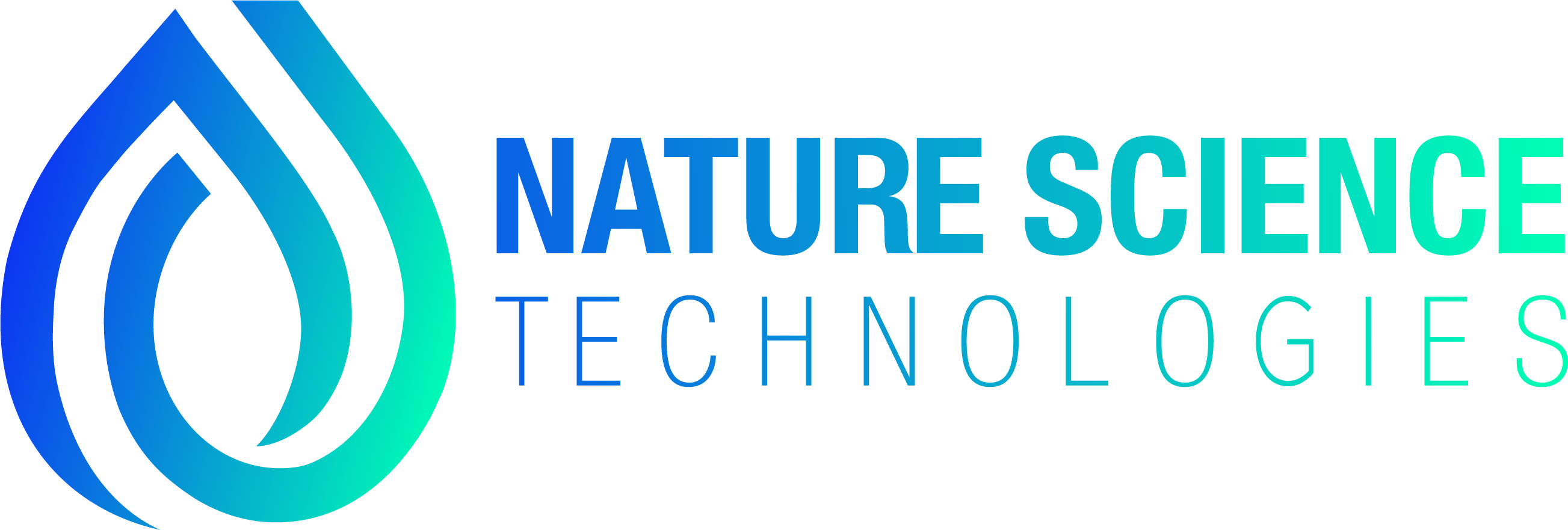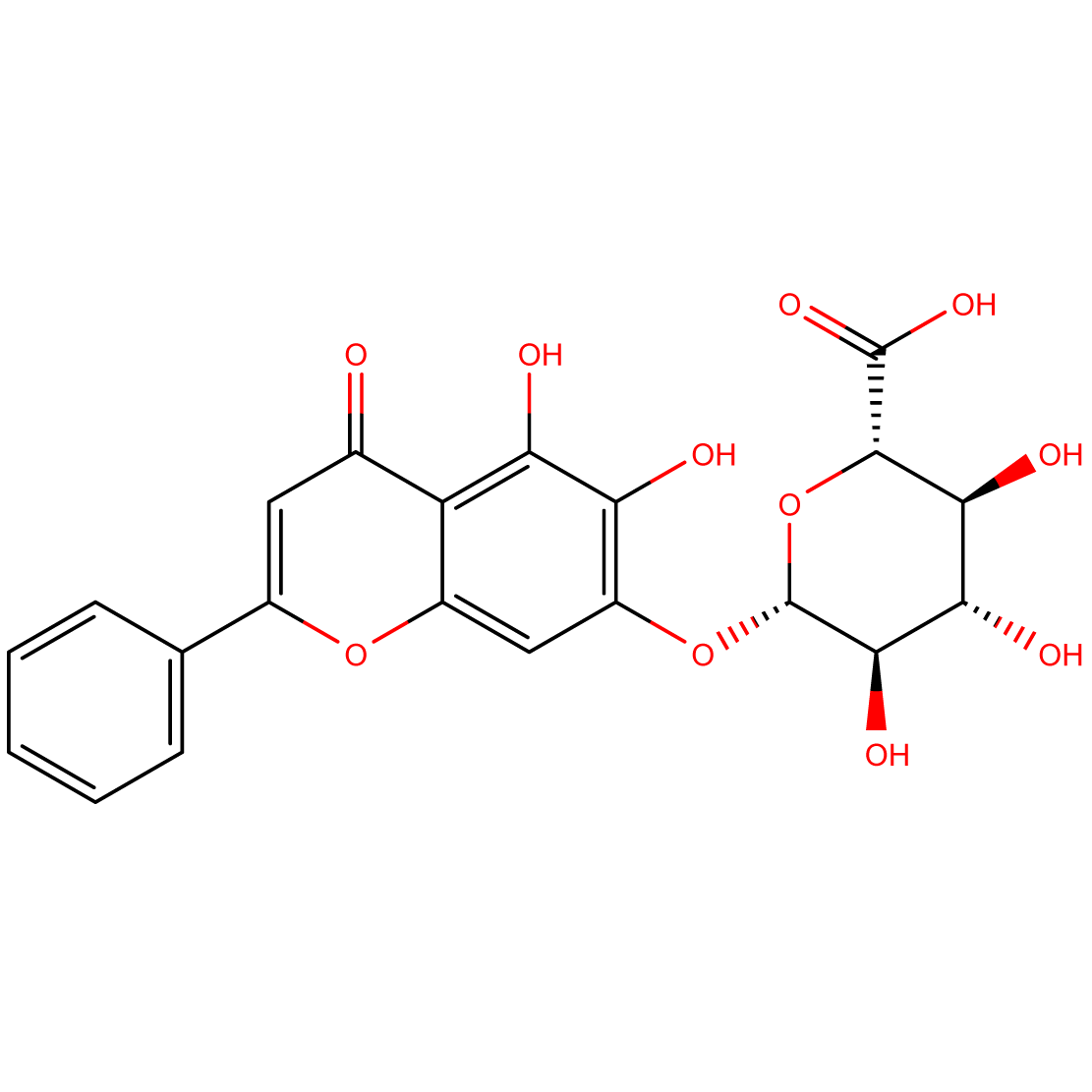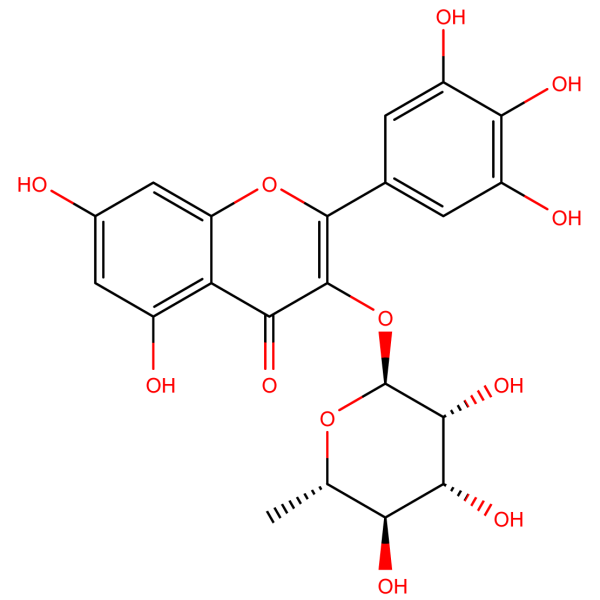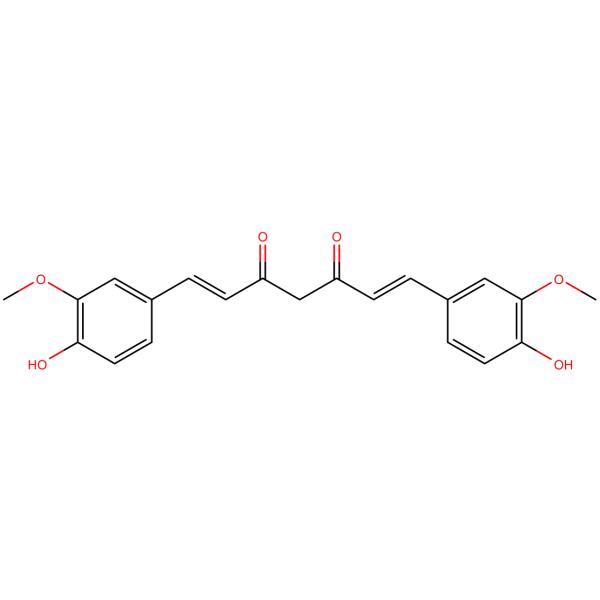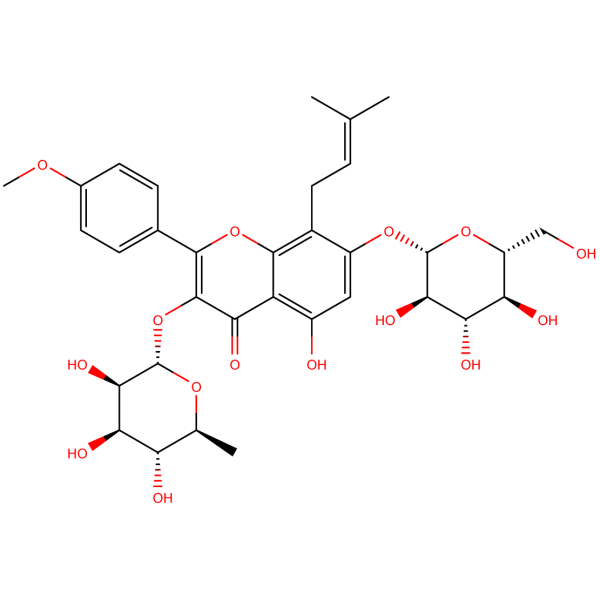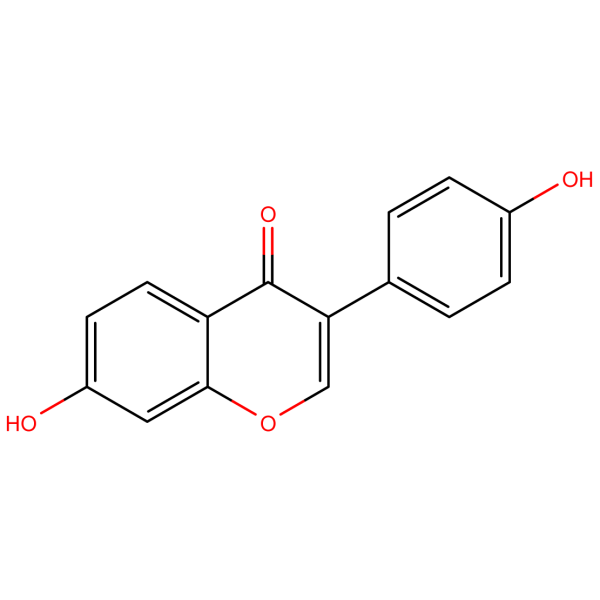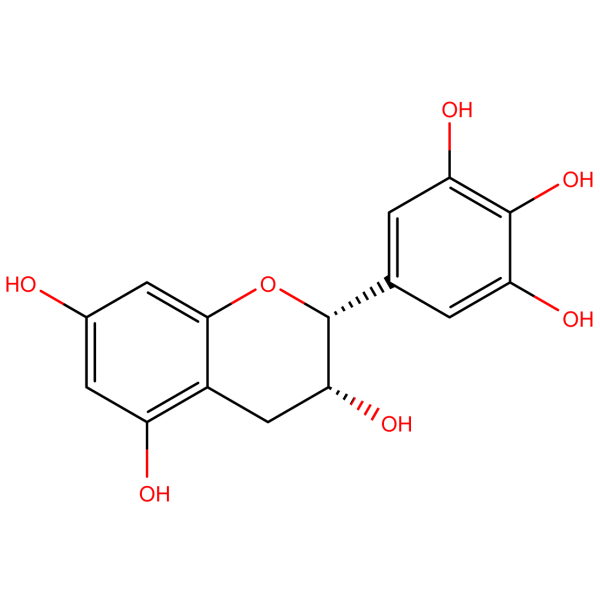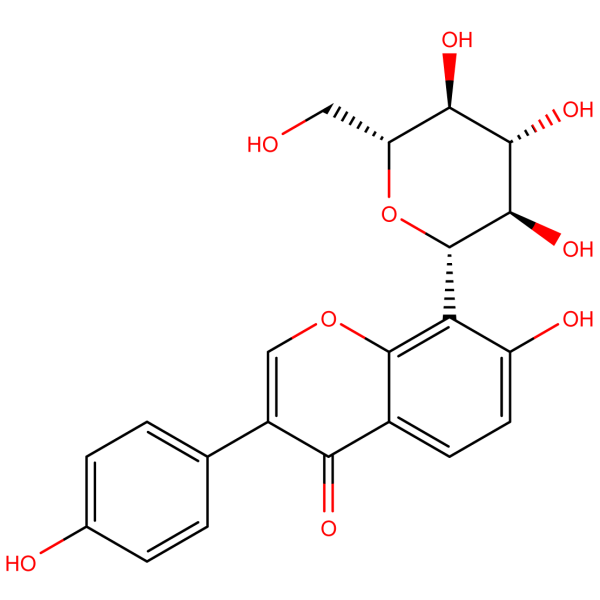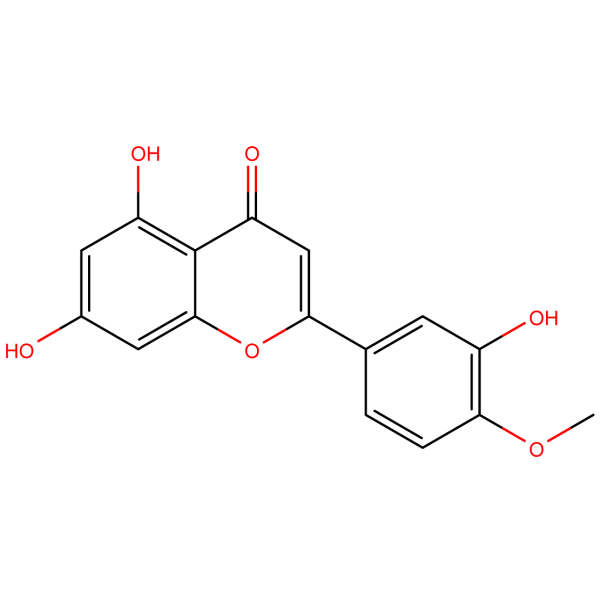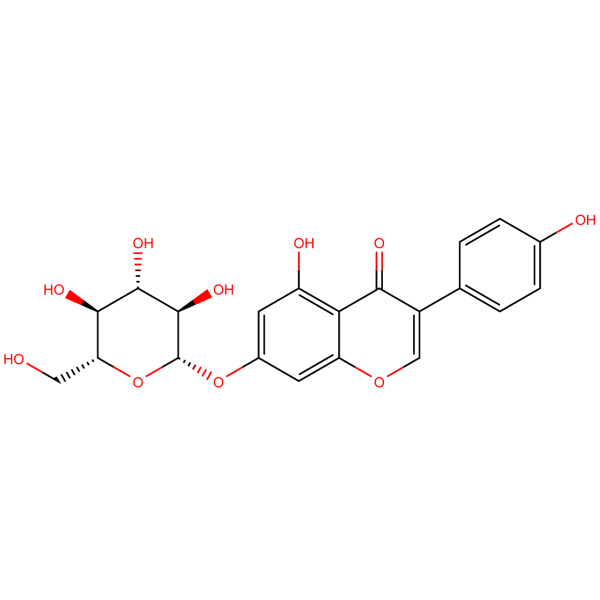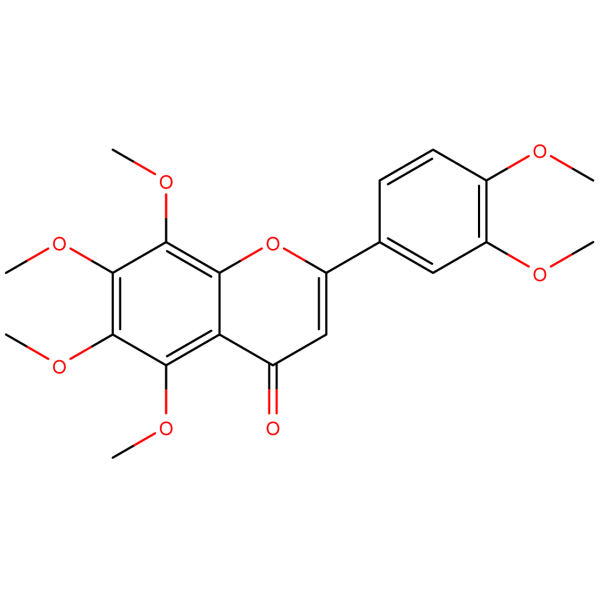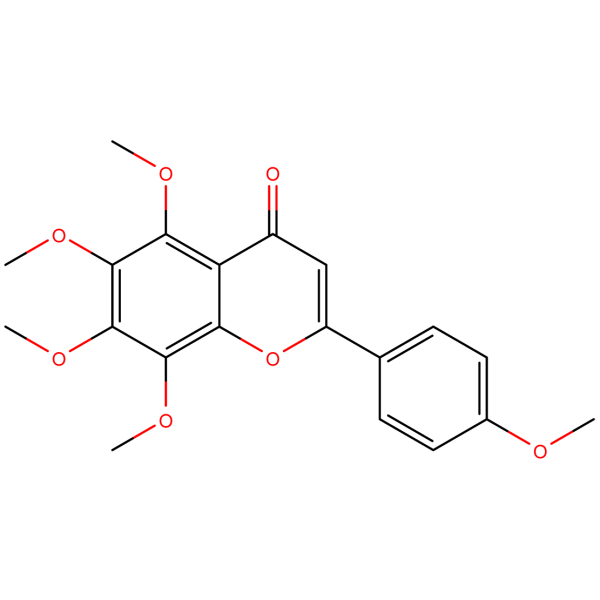Baicalin (CAS 21967-41-9): Potent Flavonoid Glycoside for Advanced Biomedical Research
1. Molecular Identity
- Chemical Name: (2S,3S,4S,5R,6S)-6-[5,6-dihydroxy-4-oxo-2-(4-hydroxyphenyl)chromen-7-yl]oxy-3,4,5-trihydroxyoxane-2-carboxylic acid
- CAS Number: 21967-41-9
- Source: Isolated from Scutellaria baicalensis and other Scutellaria species
2. Biochemical Significance
Baicalin (CAS 21967-41-9) is a flavonoid glycoside with a wide spectrum of biological activities. Its unique molecular structure contributes to its potent antioxidant, anti-inflammatory, and neuroprotective properties, making it a compound of significant interest in pharmaceutical research and traditional medicine studies.
3. Key Properties of Baicalin (CAS 21967-41-9)
- Antioxidant: Exhibits strong free radical scavenging ability
- Anti-inflammatory: Demonstrates potential to modulate inflammatory pathways
- Neuroprotective: Shows promise in protecting neuronal cells
- Anticancer Potential: Indicates efficacy against various cancer cell lines
4. Potential Research Applications
- Oxidative stress studies
- Inflammatory disorder investigations
- Neurodegenerative disease research
- Cancer research and drug development
5. Current Research Focus
Ongoing studies are investigating Baicalin’s effects on:
- Various antioxidant and inflammatory signaling pathways
- Neuroprotection mechanisms in brain disorders
- Cardiovascular health and function
- Different cancer types and mechanisms of action
6. Formulation Challenges and Innovations
Researchers are actively working on:
- Enhancing bioavailability through novel delivery systems
- Developing stable formulations for various applications
- Creating semi-synthetic derivatives with improved pharmacological profiles
7. Regulatory Considerations
Baicalin (CAS 21967-41-9) is primarily used in research settings and traditional medicine. Its development for specific therapeutic applications would require comprehensive safety and efficacy evaluations to meet regulatory standards.
8. Future Research Directions
The scientific community anticipates:
- Advanced clinical trials for neurodegenerative and inflammatory disorders
- Exploration of Baicalin’s potential in combination therapies
- Investigation of its mechanisms of action at the molecular level
9. Collaborative Opportunities
We invite neurologists, oncologists, pharmacologists, and academic institutions to explore the research potential of Baicalin. For inquiries, collaborations, or to discuss how this compound can benefit your research projects, please contact us at sales@nstchemicals.com.
Join us in advancing biomedical research with Baicalin (CAS 21967-41-9) – a powerful flavonoid glycoside at the forefront of natural product-based therapeutic strategies.
